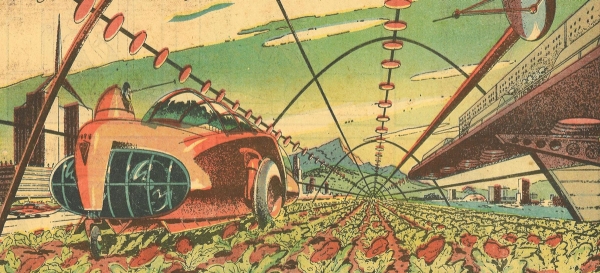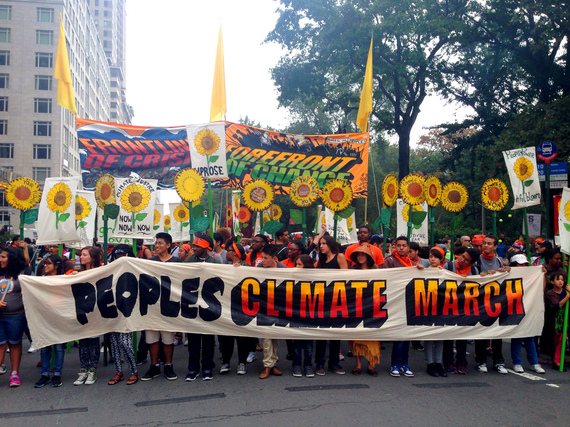This is not a review of Avengers: Endgame, but there are spoilers, so if you haven’t seen it and want to, don’t read ahead.
For those of you who haven’t seen it and don’t want to, the last two Avengers movies, Infinity War and Endgame are about a struggle between the “Earth’s Mightiest Heroes”, the superhero team called the “Avengers”, and a villain named “Thanos”. Thanos believes that life has exceeded the universe’s carrying capacity, and he wants to wipe out half of all life so as to bring things back into a state of balance. Thanos explains his motivation in two conversations with the heroes: Continue reading “The Avengers Won the War, But Lost the Argument: How Our Heroes Doom Our Future”




